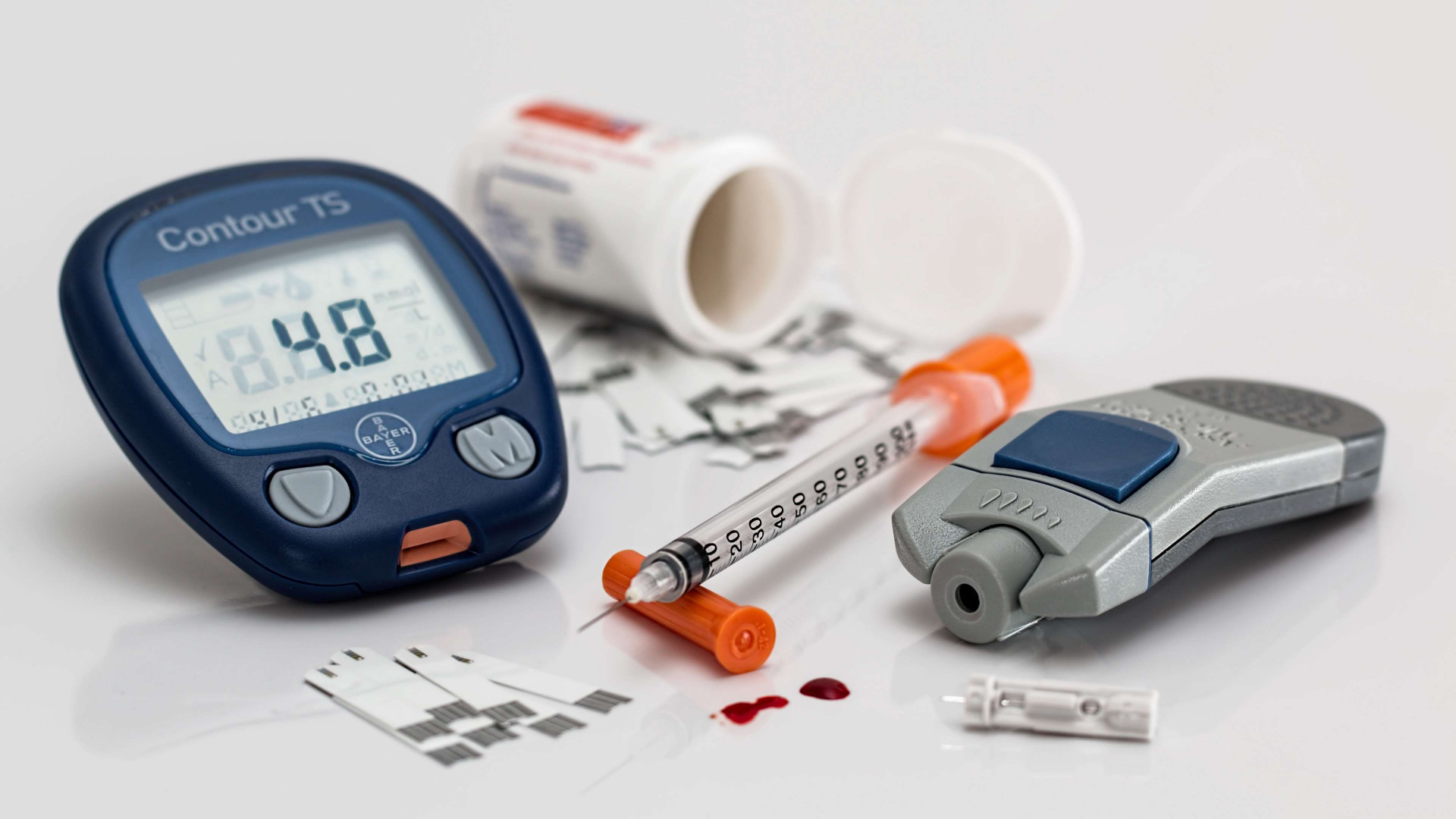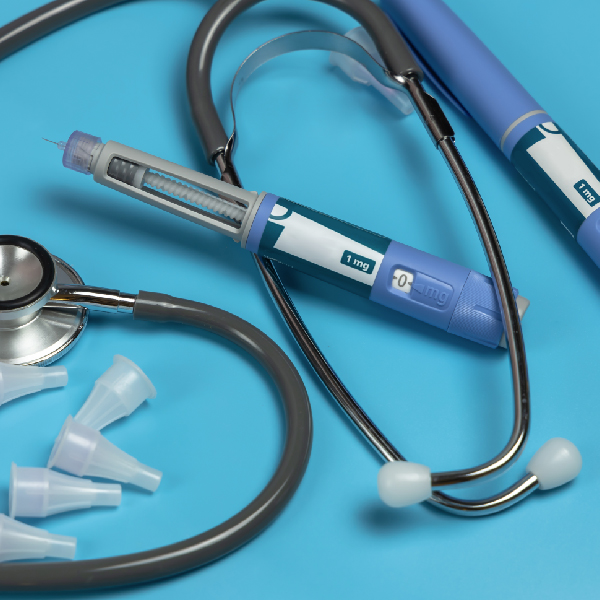Providing assistance adhering to medication regimens helps patients who suffer with both type 2 diabetes and depression significantly improve their blood sugar levels and their depression. Depression and diabetes are risk factors for each other, so it is common for patients to suffer with both, which often leads to poor medication compliance and worsening of both depression and diabetes. In a 12-week study, depressed patients with diabetes either received usual primary care or integrated care that included identifying and addressing barriers to medication compliance. Integrated care managers developed individualized programs to address problems such as difficulty paying for medications and lack of social support. Electronic monitors affixed to study participants’ pill bottles tracked the time and date patients took their medications. Nearly 61 percent of those who received assistance showed improvement in blood sugar levels, compared with 35.7 percent of those who received the usual care. Depression improved in more than 58.7 percent of those receiving integrated care, and 30.7 receiving the usual care. “Our study calls for a greater emphasis within healthcare systems on the development and promotion of clinical programs to enhance medication adherence, particularly among patients with chronic medical conditions and depression,” says lead author Hillary Bogner. “An integrated approach to depression and type 2 diabetes treatment may facilitate adoption in practices with competing demands for limited resources.”
Penn Researchers Find Concurrent Treatment for Type 2 Diabetes and Depression Significantly Improves Both Conditions





